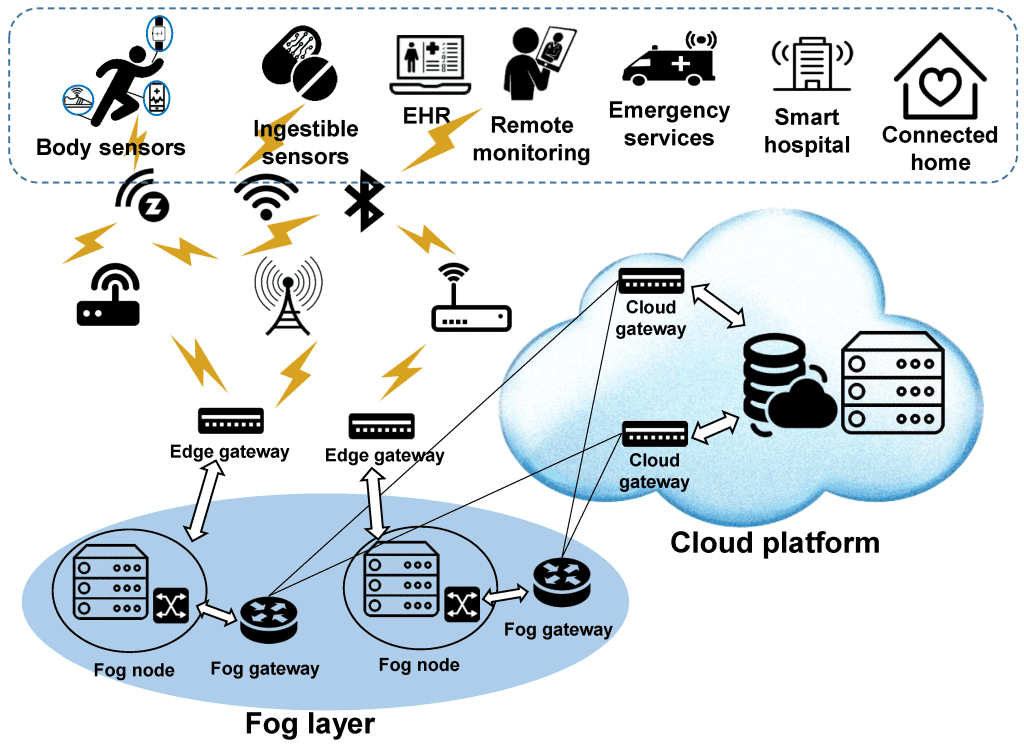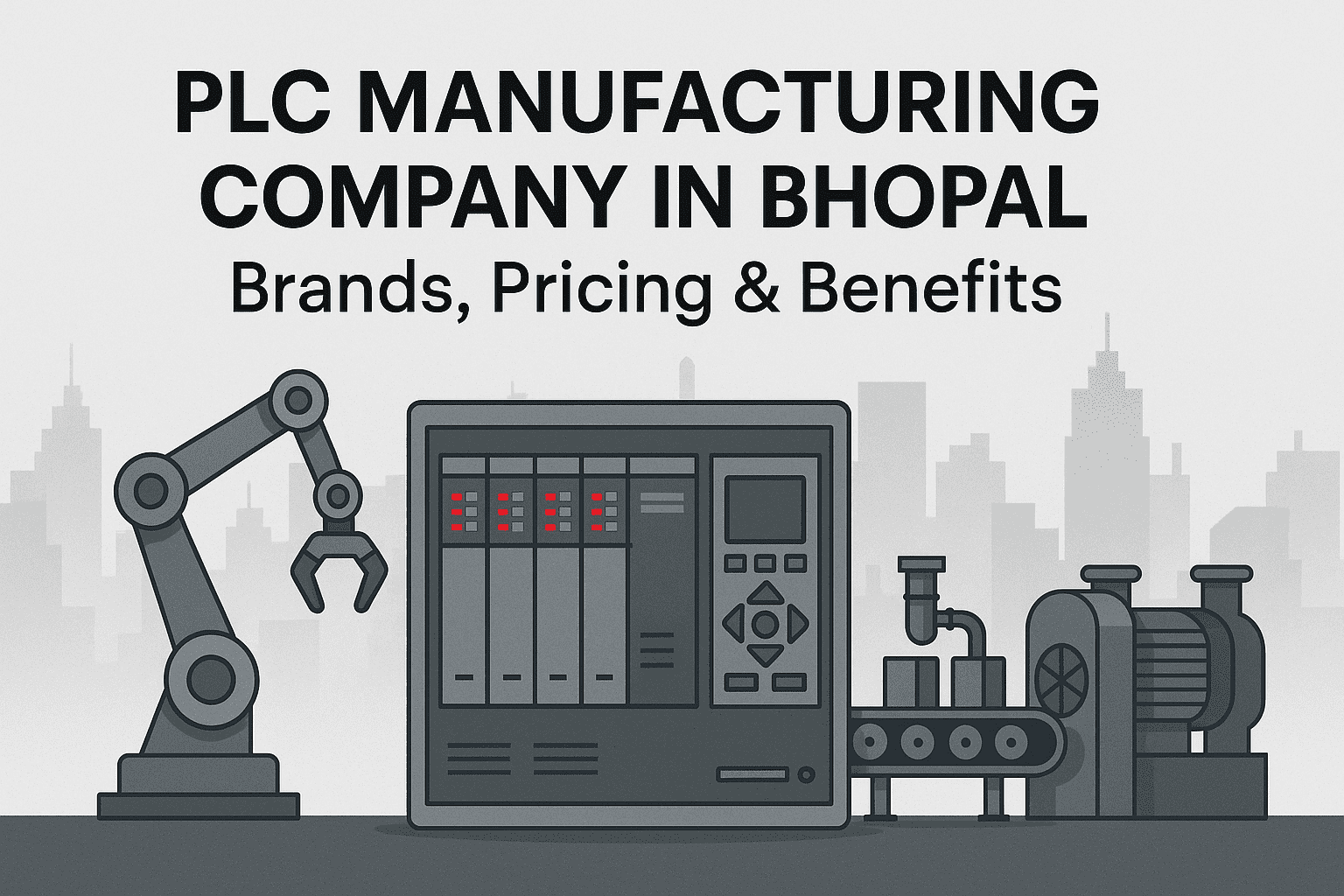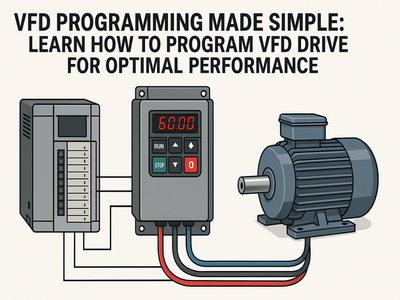The integration of cloud technology with Programmable Logic Controllers (PLCs) is redefining how industries manage automation processes. Traditionally, PLC-based electrical panels have been standalone systems designed to control and monitor industrial machinery. However, with the advent of cloud computing, these systems are becoming smarter, more efficient, and easier to manage remotely.
In this blog, we’ll explore how cloud technology is transforming PLC panels and the role of cloud service providers, cloud computing service providers, and cloud server providers in this revolution. We’ll also examine how cloud solutions providers are enabling industries to achieve greater flexibility and cost-efficiency in their automation systems.
1. The Evolution of PLC Panels with Cloud Technology
PLC panels have long been the backbone of industrial automation, handling tasks such as machine control, monitoring, and data acquisition. However, with the rise of cloud technology, industries are now able to extend the capabilities of PLCs beyond traditional limits.
The integration of cloud technology allows for:
- Remote monitoring and control of PLC panels
- Real-time data analysis and diagnostics
- Seamless integration with other industrial systems
- Improved scalability and flexibility in automation processes
These advancements provide industries with greater insights into their operations, enabling better decision-making and more efficient production processes.
2. The Role of Cloud Service Providers in PLC Automation
Cloud service providers play a crucial role in the transformation of PLC panels by offering the infrastructure and tools necessary to store, process, and analyze data in the cloud. These providers offer solutions such as remote data access, cloud storage, and advanced analytics platforms that enhance the capabilities of PLC systems.
Key benefits of using cloud service providers for PLC automation include:
- Real-time access to operational data: Cloud-based systems allow operators to monitor PLC panels from anywhere, making it easier to identify and address issues promptly.
- Scalability: Cloud service providers offer scalable solutions that grow with your business. You can increase your cloud storage or processing power without having to invest in additional hardware.
- Data security: Leading cloud service providers ensure data security with advanced encryption and compliance with global data protection standards.
- Cost-efficiency: By leveraging cloud infrastructure, industries can reduce the costs associated with maintaining physical servers and hardware.
3. How Cloud Computing Service Providers Enhance PLC Performance
Cloud computing service providers offer a wide range of solutions that enhance the performance of PLC systems. These providers offer access to powerful computational resources, enabling faster data processing and analysis. As industries collect more data from their PLC systems, cloud computing becomes essential for managing and analyzing large volumes of information.
Here’s how cloud computing service providers are revolutionizing PLC automation:
- Data Analytics and Predictive Maintenance: Cloud computing service providers enable real-time data analytics and machine learning algorithms that help predict equipment failures. This allows for proactive maintenance and minimizes unplanned downtimes.
- Automation of Complex Processes: Cloud-based platforms can automate complex industrial processes by integrating various data sources and systems. This improves the efficiency of PLC-based systems, allowing industries to optimize their production cycles.
- Cross-Site Collaboration: Industries operating across multiple locations can use cloud computing to centralize data from different PLC panels. This facilitates better coordination and decision-making across sites, leading to a more streamlined operation.
4. Cloud Server Providers: Powering PLC Data Storage and Processing
As industries shift towards cloud-based automation, cloud server providers become essential for managing the vast amounts of data generated by PLC systems. These providers offer the computing power and storage capacity required to process and store operational data, ensuring it is accessible when needed.
Here’s how cloud server providers are transforming the way PLC panels operate:
- Reliable Data Storage: Cloud server providers offer high-performance storage solutions that can accommodate the large volumes of data generated by industrial equipment. This ensures that data is securely stored and easily retrievable for future analysis.
- Remote Access and Control: With cloud servers, operators can access PLC panel data from anywhere in the world. This allows for remote troubleshooting, diagnostics, and real-time monitoring of industrial processes, significantly reducing downtime.
- Advanced Processing Power: Cloud server providers offer robust computational capabilities that allow industries to process complex data sets generated by PLCs. This includes real-time analytics, machine learning, and AI-driven decision-making, all of which enhance the efficiency of industrial processes.
5. Cloud Solutions Providers: Customizing PLC Integration with the Cloud
Every industry has unique needs when it comes to automation, and cloud solutions providers offer customized cloud-based systems that integrate seamlessly with existing PLC setups. These providers work closely with industries to develop tailored solutions that enhance productivity, reduce costs, and improve operational efficiency.
Key benefits offered by cloud solutions providers include:
- Custom Integration: Cloud solutions providers design systems that fit the specific needs of your industry, ensuring a seamless transition from traditional PLC systems to cloud-based operations. This includes integrating with legacy systems, ensuring compatibility, and minimizing disruptions.
- Scalability and Flexibility: Cloud solutions providers offer systems that can easily scale as your business grows. This allows you to increase processing power, storage, or add new features without needing to overhaul your entire infrastructure.
- Improved Collaboration and Data Sharing: By integrating cloud technology with PLC panels, cloud solutions providers enable better collaboration across teams and locations. This allows multiple stakeholders to access real-time data and collaborate on improving system performance.
6. Real-World Applications of Cloud Technology in PLC Panels
Cloud technology is already making a significant impact across various industries, enhancing the way PLC panels are used in real-world applications. Here are some examples:
- Manufacturing: Cloud-connected PLC panels allow manufacturers to monitor production lines remotely, optimize processes in real-time, and detect faults before they lead to downtime. By leveraging cloud solutions, manufacturers can maintain consistent quality and reduce production costs.
- Energy and Utilities: In the energy sector, cloud-enabled PLC panels help monitor and control energy distribution systems. This includes real-time data collection from power plants, enabling operators to optimize energy usage and minimize waste.
- Water Treatment Plants: Cloud-based PLC systems in water treatment plants ensure that water levels, flow rates, and chemical dosing are precisely controlled. The data collected can be used to improve treatment efficiency and prevent overuse of resources.
- Smart Factories: The rise of smart factories is driven by the integration of PLC systems with cloud technology. These factories use real-time data and analytics to automate production processes, reduce energy consumption, and improve overall productivity.
Conclusion
The integration of cloud technology with PLC-based electrical panels is a game-changer for industrial automation. Cloud service providers, cloud computing service providers, cloud server providers, and cloud solutions providers all play crucial roles in making this transformation possible. By leveraging the cloud, industries can monitor and control their PLC systems remotely, improve efficiency, reduce costs, and ensure that their automation processes are future-proof.
As more industries adopt cloud-based systems, the future of PLC automation looks increasingly digital, connected, and efficient. At Aknitech Automation, we are committed to helping industries harness the power of cloud technology to transform their PLC-based systems for enhanced performance and scalability.







